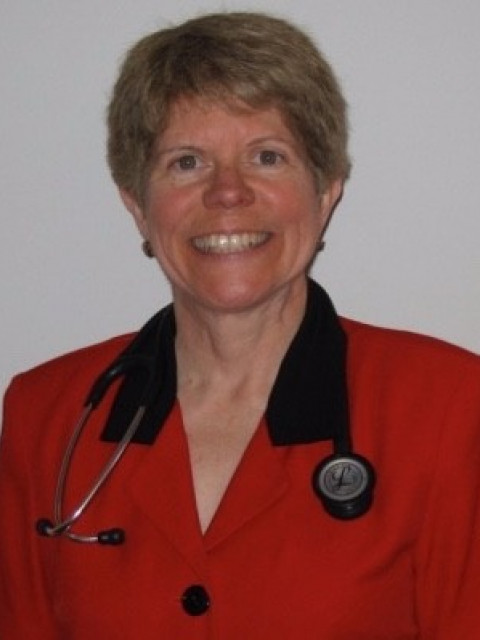
Climate Change: Impacts on Gender
by Mary Schaefer Badger, DO, FACOI, FAWM
Chair, ACOI Committee on Climate and Health
March 26, 2024
March is Women’s Health Month. Understanding the unique effects of climate change on gender can help improve gender-based solutions to climate health equity.
Women have been observed to have higher risk of death than men during and after extreme heat events. Unique physiology characteristics include higher metabolic rate, reduced heat dissipation through sweating, and less radiative cooling d/t greater SQ adipose tissue. Culturally prescribed garments may also limit evaporative cooling. Heat stress is particularly harmful during pregnancy since heat increases production of vasoactive substances that affect BP, increase viscosity, alter placental blood flow, and increase stillbirths, preterm delivery, congenital birth defects, gestational hypertension, low birth rates, and pre-eclampsia.
Globally, climate disasters kill more women than men, and post-disaster reductions in life expectancy are more drastic in women, especially those with lower socioeconomic status. In the aftermath of climate driven disasters, women and girls are at higher risk of physical, sexual, and domestic violence. Women may be separated from family, friends, and other support systems, and may avoid using shelters for fear of abuse. Additionally, these same risk factors correlate with a comparatively higher risk for mood disorders.
In several studies, women were more likely to experience fatal coronary artery disease because of exposure to ambient particulate matter. Women over 65 were more likely than men to be admitted to the hospital for smoke-related respiratory issues during wildfires. Poor air quality also threatens maternal-fetal health increasing the risk of preterm birth, stillbirth, and low birth weight.
Due to changes in temperature and precipitation, the geographic range and abundance of disease vectors are changing. Pregnant women are particularly vulnerable to vector-borne disease due to physiologic changes during pregnancy (higher CO2 production and increased peripheral blood flow, which together increase biting risk). Furthermore, hormonally induced changes in immunologic function may suppress host defenses resulting in higher intensity of viremia and parasitemia.
LGBTQIA+ populations are also at higher risk for certain medical conditions that can worsen with climate change. For example, cisgender gay and bisexual men as well as transgender people are more likely to develop HIV, and exposure to particulate matter with a diameter of less than or equal to 10 micrometers, nitrogen dioxide, and ozone is associated with an increased risk of pneumocystis pneumonia hospitalization in HIV-positive people. LGBTQIA+ people also can experience higher rates of mental health issues, from stressful experiences related to stigmatization, prejudice, difficulty getting housing and barriers to services and health care, which may all worsen in the wake of climate disasters.
Ensuring that our patients are aware of their unique climate-related health risks and relevant exposures will allow patients to take measures to protect their own health and the health of their families. Climate change threatens to widen existing gender-related health disparities as well as socioeconomic disparities. Women, pregnant women, and the LGBTQIA+ community have specific physiologic and social vulnerabilities that increase their health risks related to climate change. To address these threats, clinicians can play a leading role by applying a climate lens to clinical care and identify and educate vulnerable patients. Furthermore, providers can leverage their expert voices and leadership roles to improve access to care in socially and climate-vulnerable areas, as well as advocate for integrating a gendered lens in disaster planning. Additionally, providers can advocate for integration of gender-based health issues into policy discourse regarding climate adaptation. Healthcare voices are one of the most trusted expert authorities, and our voice for ALL patients’ health can and must be harnessed to protect our patients from climate change.
For more information see:
Climate change and women's health in the United States: Impacts and opportunities
Lemery, Jay, Knowlton, Kim, Sorensen, Cecelia. Global Climate Change and Human Health, From Science to Practice. 2nd Edition. Wiley.
Note: The views expressed in this article are the author’s own and do not necessarily represent the views of ACOI.

